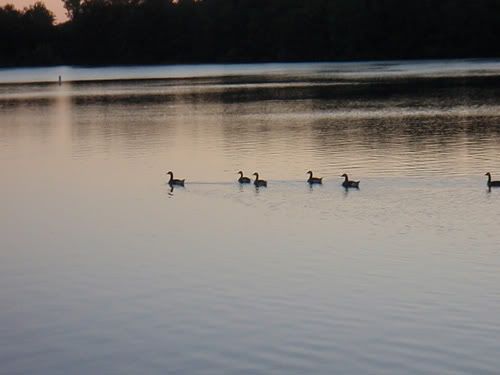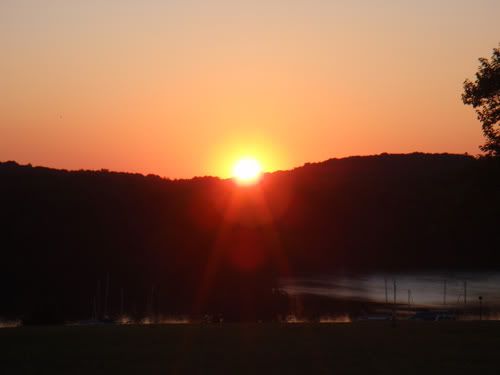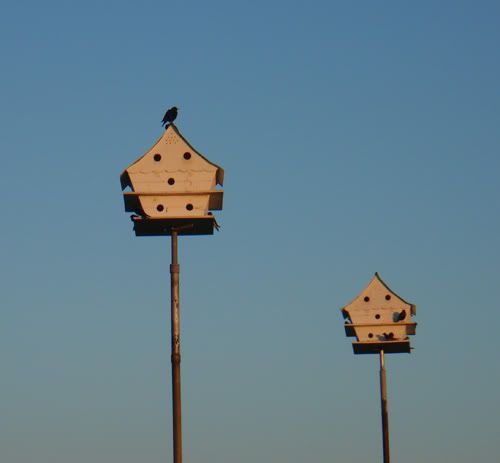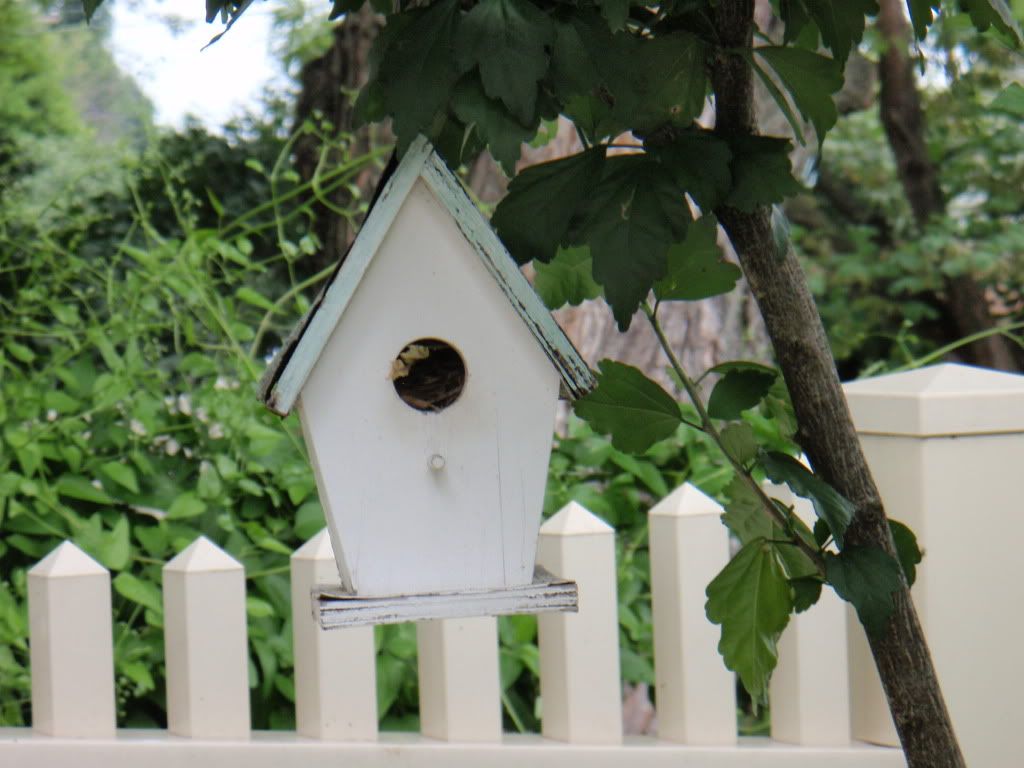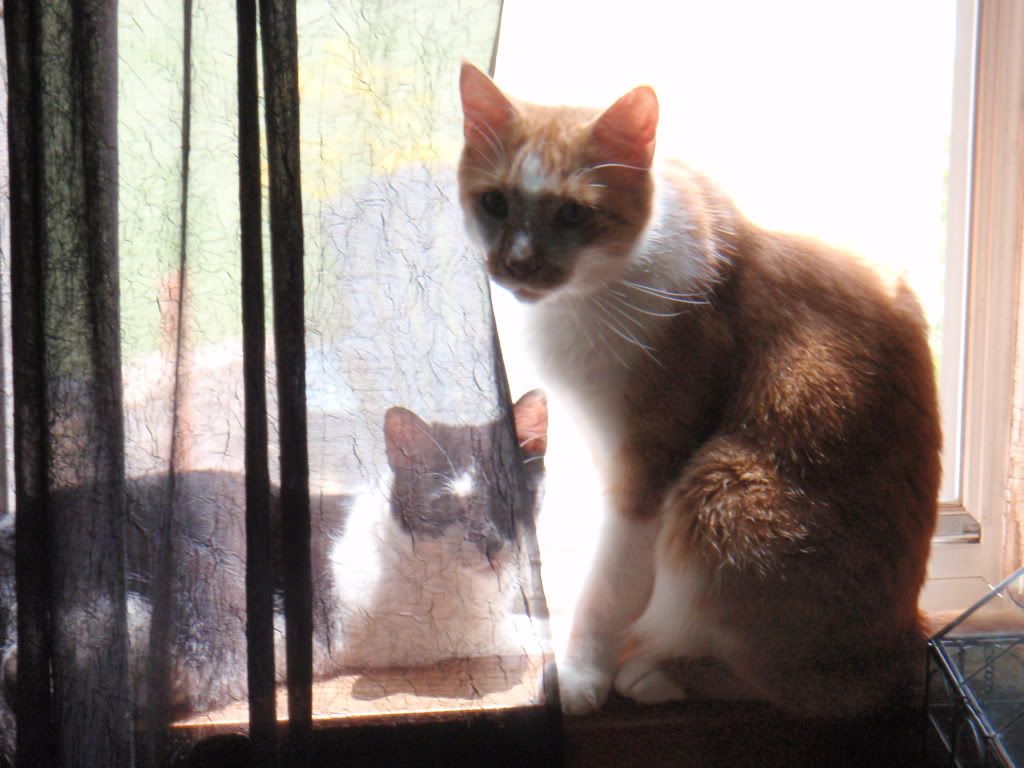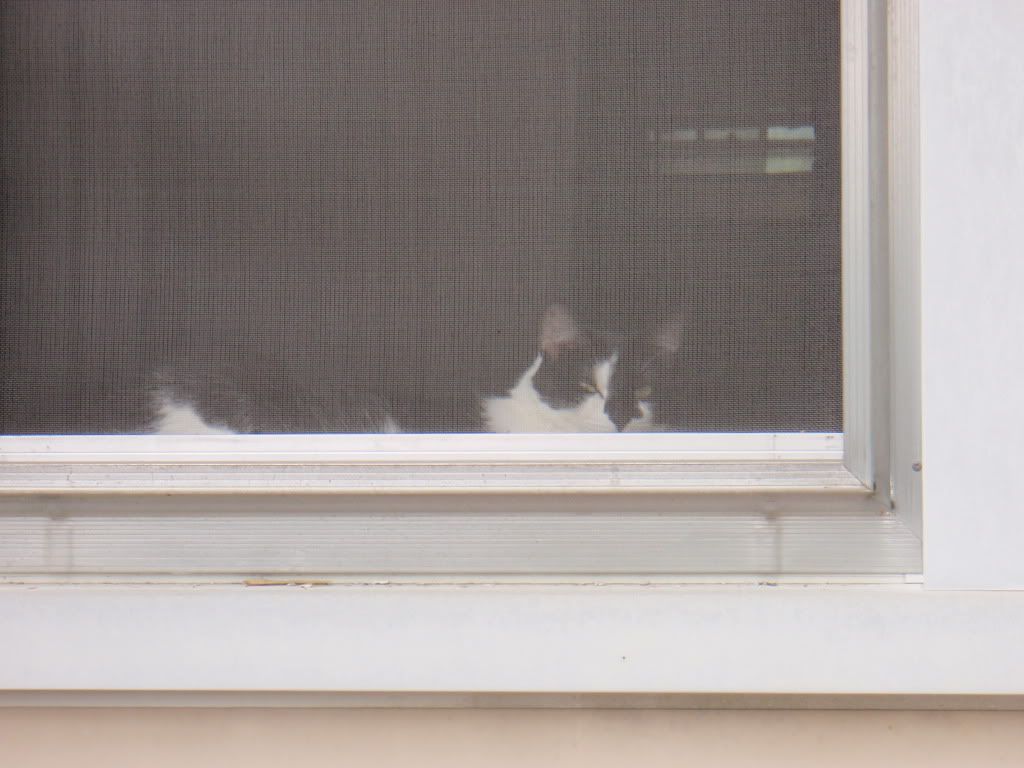My first year of college was in a small, private, liberal arts university in North Carolina. It’s a long drive from Pennsylvania, and most of the trip was spent on I-81 going South through Maryland, West Virginia, and Virginia. For the most part, it’s really a rural highway in large sections of Virginia –in fact, one can take 81 to the Blue Ridge Parkway easily as they intersect.
Between timing exits for a gas and restroom break (as not every exit along 81 has such relief, especially in the first part of Virginia), I came across a smear in the road. At first, it was difficult to discern what the smear was. There were several feet of a deep red color with a few bits and pieces of something that looked almost as black as the asphalt of the highway. For a few miles I had to conjecture over whether or not a bucket of paint had fallen off a truck or if this really was what I thought it was—blood. And if it was blood, where was the body? This was Virginia, not West Virginia, had someone managed to hit dinner, stop, pick up the kill and run home to cook it? All of the ideas buzzing through my head were a little unsavory and I managed to miss my exit. I had to drive another fifteen minutes ready to piss myself before I got to an exit with a bathroom –the urgency with which I needed to urinate made me forget my pondering altogether.
In the year I spent in North Carolina, driving back and forth for breaks, I came across several of these haunting ‘smears’ going north and south on I-81. It wasn’t until I was out of college that I actually witnessed the event that leads to these artful smudges of red in the highway –and it wasn’t on I-81 either. I witnessed the event on I-83 heading toward Baltimore.
I was in my little Toyota Matrix, having a conversation with my passenger who was anticipating another great Orioles game when I recognized that a large 18 wheeler wanted to pass me. He was heavy on my tail, so I glanced in my rearview mirror and shifted over the right lane of the highway (using my blinker –something that is otherwise optional in the state of Maryland). This speeding truck increased speed and sped by me –I turned and rolled my eyes at my passenger –apparently 10 over the speed limit isn’t fast enough for some people. And that’s precisely when it happened.
Out of the corner of my eyeroll I saw a doe bound, no –not bound –throw herself in front of the truck. At least, I don’t think I saw antlers, but it was so quick. Who could discern if it was doe or dog or horse? What I could not miss was the explosion. I’m not sure if I saw or heard it first; there was a loud bang, like the sound a jet makes when it breaks the sound barrier, and then an detonation, like fireworks –a blast of red and flesh and bone and obliteration airborne. Tiny little pieces of what once was doe splattered up and out and under the truck. It was no longer a deer, it was ground venison meets Mac Truck grill.
“Holy Shit!” I managed to say to my passenger who had not even been looking at the truck, but managing his cell phone during the previous conversation, “Did you just see that?” I somehow managed to not wreck my own vehicle as I witnessed it.
He didn’t. How could he? It happened so fast I was in disbelief of what had occurred. Had I really just seen that tractor trailer hit that deer? Was it just some sort of special affect? I wanted to turn the car around; I wanted to stop even though I was going 70 mph.
Dumbstruck, jaw half agape, I continued to drive while my passenger tried to wheel around in his seat, fighting the seatbelt in order to catch a glimpse of what I’d just witnessed. “What?” he said. “What was it?”
But it was too late to explain. I’m sure the deer felt no pain, though I don’t know what terrible travesties in her life had led her to choose such a suicide. After all, stepping directly into the path of that 18 wheeler could only be construed as such – it certainly couldn’t have been an accident.
And the fact that the body of the animal had been obliterated meant there would be no horrible burial or that no other deer would have to see the body and go back and tell the others what happened to Faline or whatever her name was. She’d simply disappeared in a flash of flesh.
Of course, now every time I’m driving down the highway I find myself trying to close my eyes when I have to motor over a great big red-tarnished patch of asphalt. It was a hell of a lot better when I didn’t know what caused it. Ignorance can sure be bliss sometimes.

